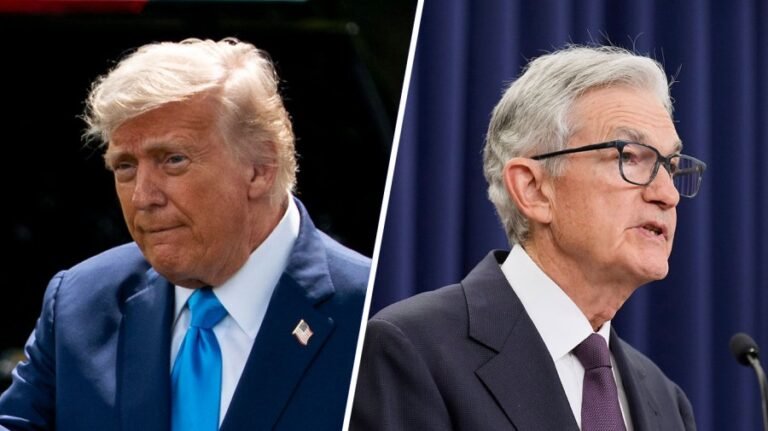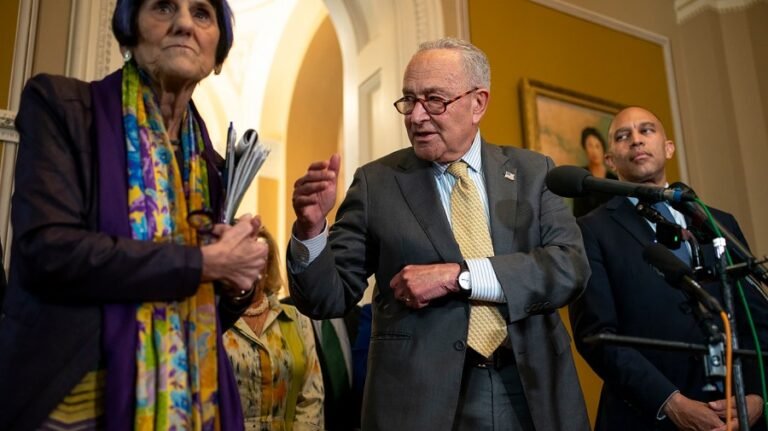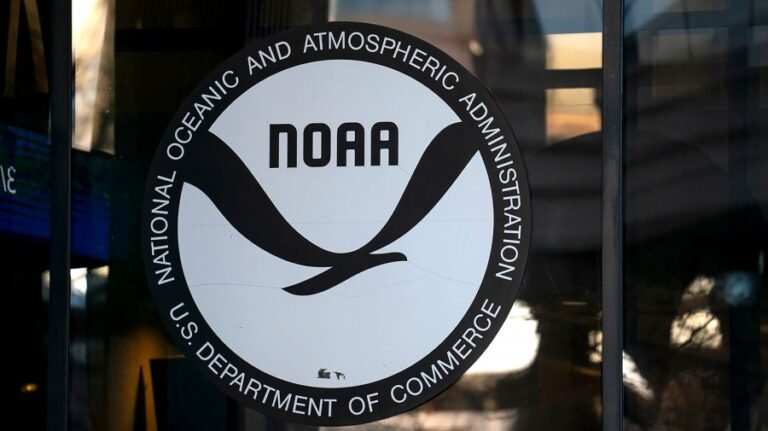
The United States imposed new sanctions on Iran on Wednesday, days before the Islamic republic’s scheduled talks with Washington this weekend in Oman.
The Treasury Department designated five entities and one individual based in Iran for their support of establishments that oversee and manage Iran’s nuclear program.
The groups slapped by the new sanctions, issued by the Treasury Department’s Office of Foreign Assets Control (OFAC), include the Atomic Energy Organization of Iran (AEOI) and Iran Centrifuge Technology Company (TESA), an AEOI subordinate.
“The Iranian regime’s reckless pursuit of nuclear weapons remains a grave threat to the United States and a menace to regional stability and global security,” Treasury Secretary Scott Bessent said in a statement. “Treasury will continue to leverage our tools and authorities to disrupt any attempt by Iran to advance its nuclear program and its broader destabilizing agenda.”
President Trump announced Monday, during Israel Prime Minister Benjamin Netanyahu’s visit to Washington, that the U.S. would hold direct talks with Iran regarding the country’s nuclear program and the meeting would take place on Saturday. The president warned that if the talks are unsuccessful, Tehran would be in “great danger.”
“So we’re going to see if we can avoid it, but it’s getting to be very dangerous territory. And hopefully those talks will be successful. And I think it would be in Iran’s best interests if they are successful, we hope, we hope that’s going to happen,” Trump said Monday.
Iran’s top official appeared to contradict Trump, writing in an opinion article that talks between Tehran and Washington in Oman would be done through an intermediary.
“Iran is ready to engage in earnest and with a view to seal a deal. We will meet in Oman on Saturday for indirect negotiations,” Iran’s Foreign Minister Seyed Abbas Araghchi wrote in an opinion article for the Washington Post on Wednesday.
“It is as much an opportunity as it is a test,” Araghchi added, saying the meeting is a “strategic choice.”
State Department spokesperson Tammy Bruce dismissed Araghchi’s claim in the article.
“That’s nice for the Iranians. I would refer back to the president of the United States, President Donald John Trump,” Bruce said.
Netanyahu said that a potential deal with Iran, which Trump has expressed interest in reaching for some time, has to also include the total annihilation of the Islamic republic’s nuclear facilities under the supervision of the U.S. He also emphasized, again, that Iran can’t possess a nuclear weapon.
“We agree that Iran must not be allowed to possess nuclear weapons. This can be achieved through an agreement — but only if it is a Libya-style agreement; one where the facilities are entered, dismantled, and destroyed under American supervision and execution — that’s good,” Netanyahu said in the video that was released Tuesday.


